Shipping goods from Iran to the UAE, especially to Dubai, is a vital trade route due to the close economic ties and geographical proximity between the two nations. To ensure a smooth and efficient shipping process, partnering with a reliable freight forwarder is essential. This article explores the key aspects of freight forwarding for shipping between Iran and Dubai.
1. Importance of Freight Forwarders in Iran-UAE Shipping
Freight forwarders are logistics professionals who simplify the complexities of international shipping. For Iran-UAE trade, they manage transportation, customs clearance, documentation, and cargo tracking, ensuring that goods are delivered on time and in compliance with trade regulations.
2. Shipping Options From Iran to Dubai
Sea Freight: A popular option for bulk goods, sea freight from major Iranian ports like Bandar Abbas to Dubai’s Jebel Ali Port is cost-effective and takes just a few days.
Air Freight: Suitable for time-sensitive or high-value shipments, air freight between Iran and Dubai ensures fast delivery, often within 1–3 days.
Road Freight: Road transportation via trucks is another viable method for delivering goods quickly, especially for shorter distances.
Read more: Air Freight
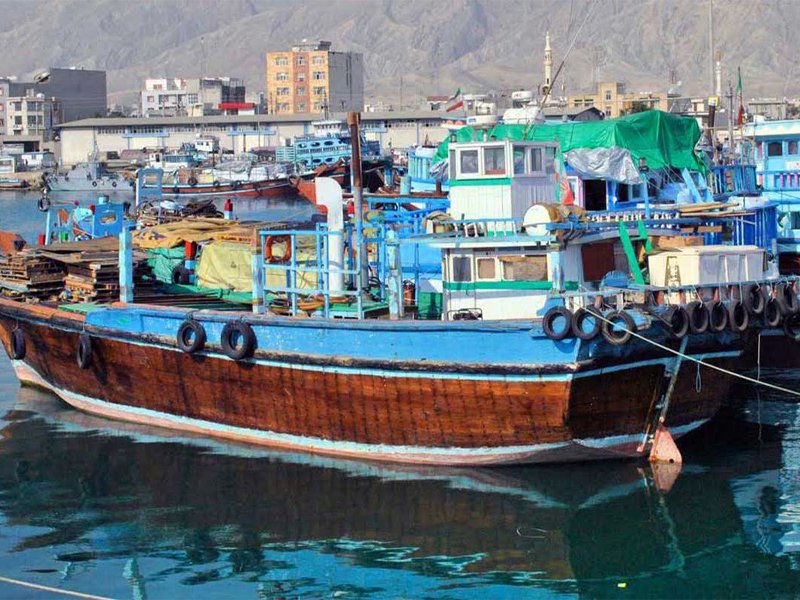
3. Services Offered by Freight Forwarders
Freight forwarders provide comprehensive solutions to make shipping hassle-free, including:
Transportation Management: Coordinating air, sea, or road freight.
Customs Clearance: Handling customs processes and ensuring compliance with regulations in Iran and the UAE.
Cargo Insurance: Protecting shipments from potential damages or losses during transit.
Warehousing and Distribution: Offering storage and distribution solutions in Dubai.
Real-Time Tracking: Providing shipment updates to keep businesses informed of their cargo’s status.
Read more: Freight Forwarder for Shipping from Iran to Thailand
Contact us to inquire about shipping rates.
4. Benefits of Using a Freight Forwarder
Expertise in Regulations: Freight forwarders understand the import/export requirements of both Iran and the UAE, minimizing delays and penalties.
Cost Efficiency: They negotiate competitive rates and optimize shipping routes to save costs.
Time-Saving: By managing the entire process, they free businesses to focus on their operations.
Risk Mitigation: Professional freight forwarders reduce risks associated with documentation errors or customs issues.
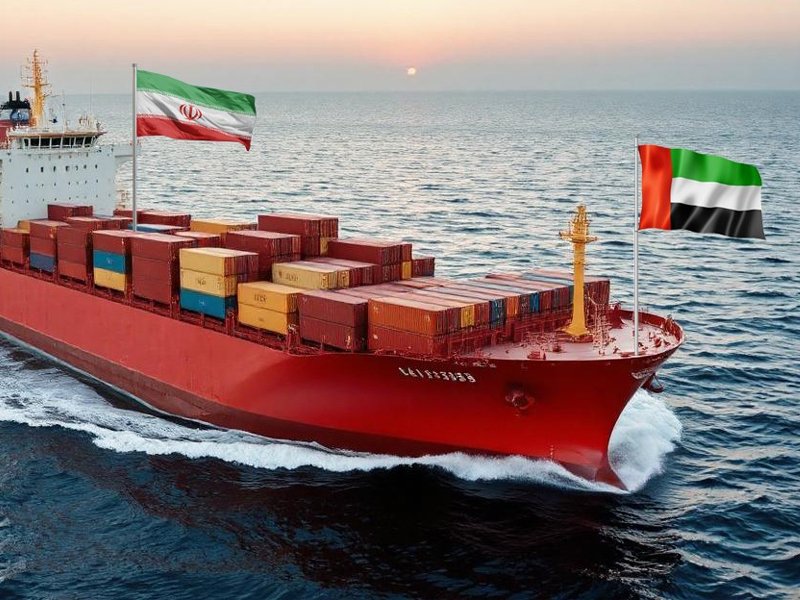
5. Key Ports and Customs Regulations
Ports in Iran: Bandar Abbas is the primary port for shipping to Dubai.
Ports in Dubai: Jebel Ali Port is the main destination for sea freight, known for its world-class infrastructure.
Customs Compliance: Both countries have specific requirements for documentation, tariffs, and inspection. Freight forwarders ensure adherence to these regulations to avoid shipment delays.
6. Choosing the Right Freight Forwarder
When selecting a freight forwarder for Iran-UAE shipping, consider the following:
Experience: Look for a company with a strong track record in Middle East logistics.
Network: Ensure the forwarder has a reliable network of carriers and agents in both Iran and the UAE.
Technology: Advanced tracking systems for real-time updates are crucial.
Customer Support: A responsive team to address any issues promptly.
Read more: Freight Forwarder Iran, Tehran
Final Thoughts
Shipping from Iran to Dubai is a critical trade route that benefits from professional freight forwarding services. Whether you’re shipping goods for business or personal purposes, a reliable freight forwarder can streamline the process, save costs, and ensure timely delivery.
By partnering with an experienced freight forwarder, businesses can navigate the complexities of international shipping with confidence and focus on growth in one of the most dynamic markets in the region.
FAQs
Sea freight is generally the most cost-effective method for shipping goods from Iran to Dubai, especially for large or bulk shipments. It is affordable and reliable, with transit times ranging from a few days to a week depending on the port and cargo handling processes.
Freight forwarders handle all customs documentation, including invoices, packing lists, and certificates of origin. They ensure compliance with both Iranian and UAE customs regulations, calculate duties and taxes, and facilitate cargo inspections to ensure a smooth clearance process.
Yes, most professional freight forwarders offer digital tracking systems that allow businesses to monitor their shipments in real-time. This service ensures transparency and enables clients to stay informed about their cargo’s location and estimated delivery time.

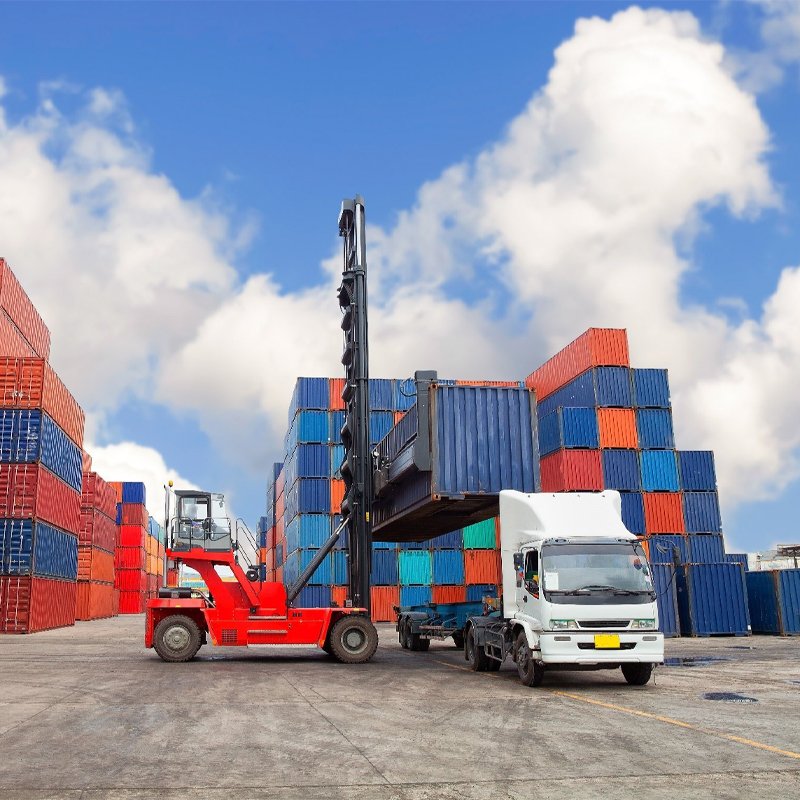

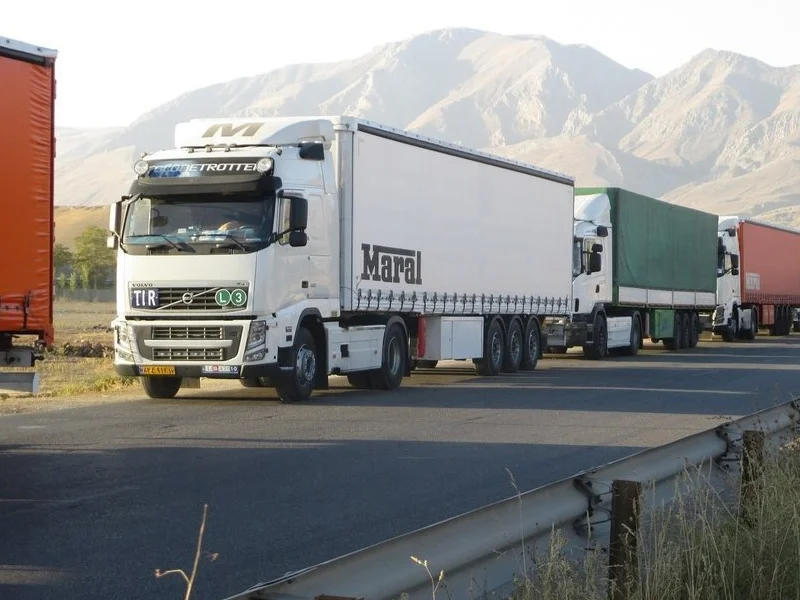
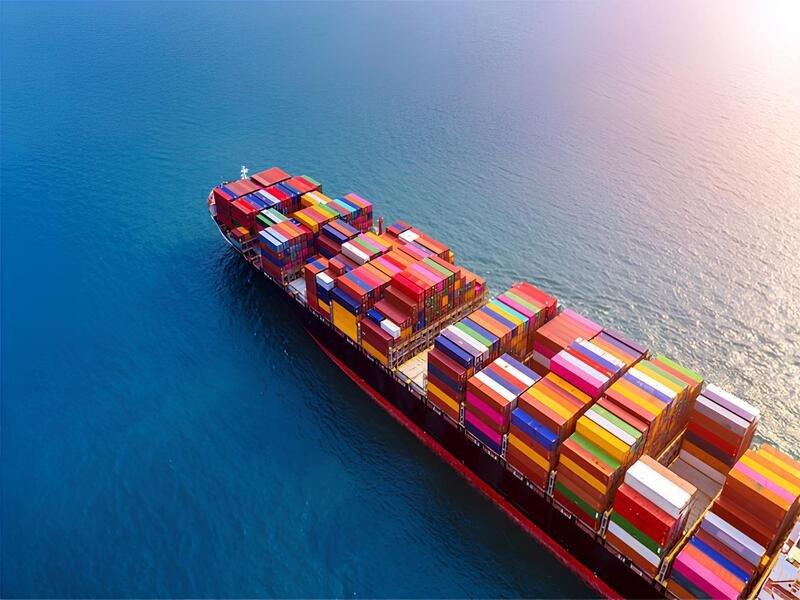
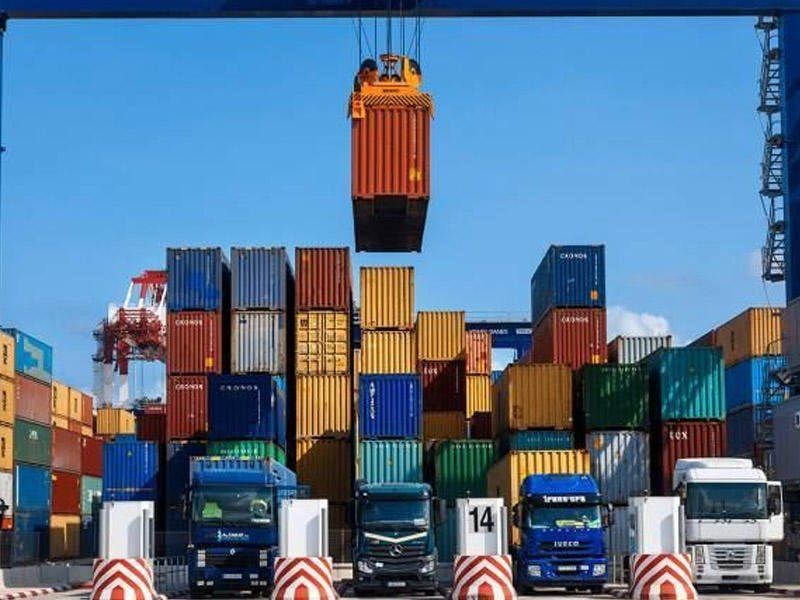
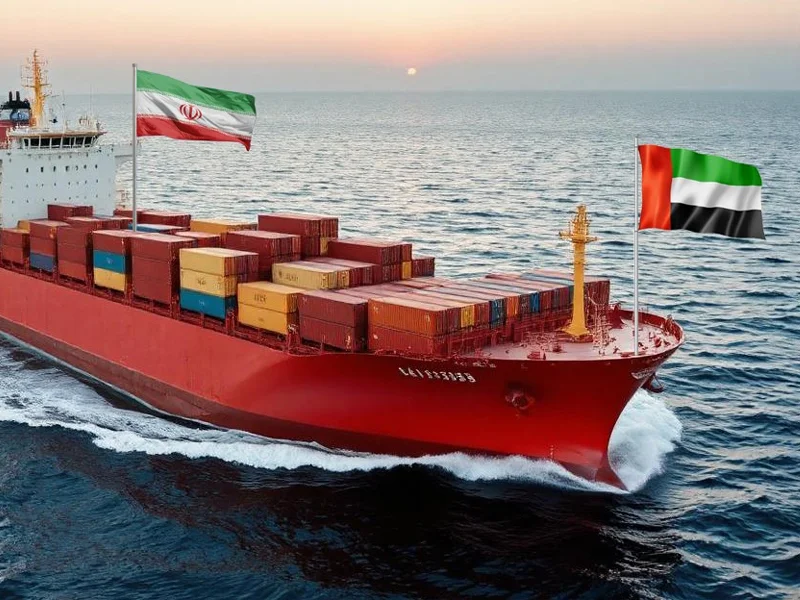
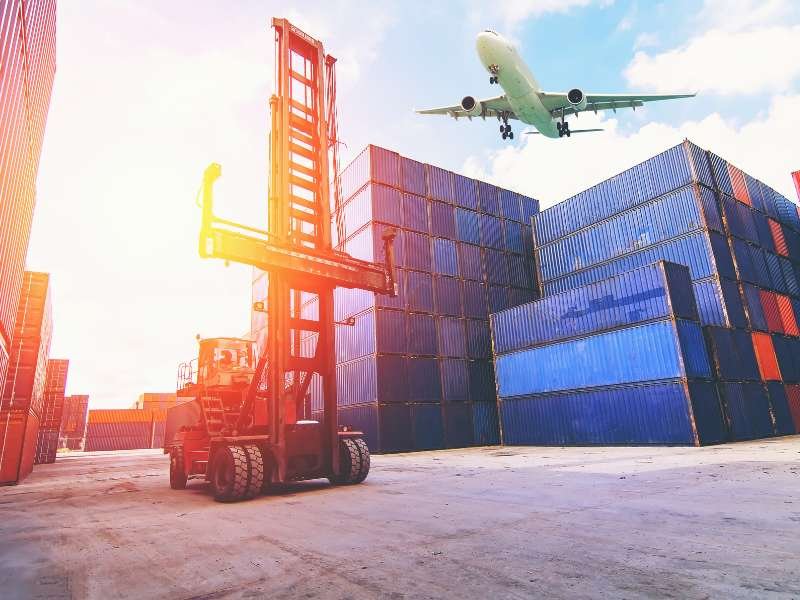


Recent Comments